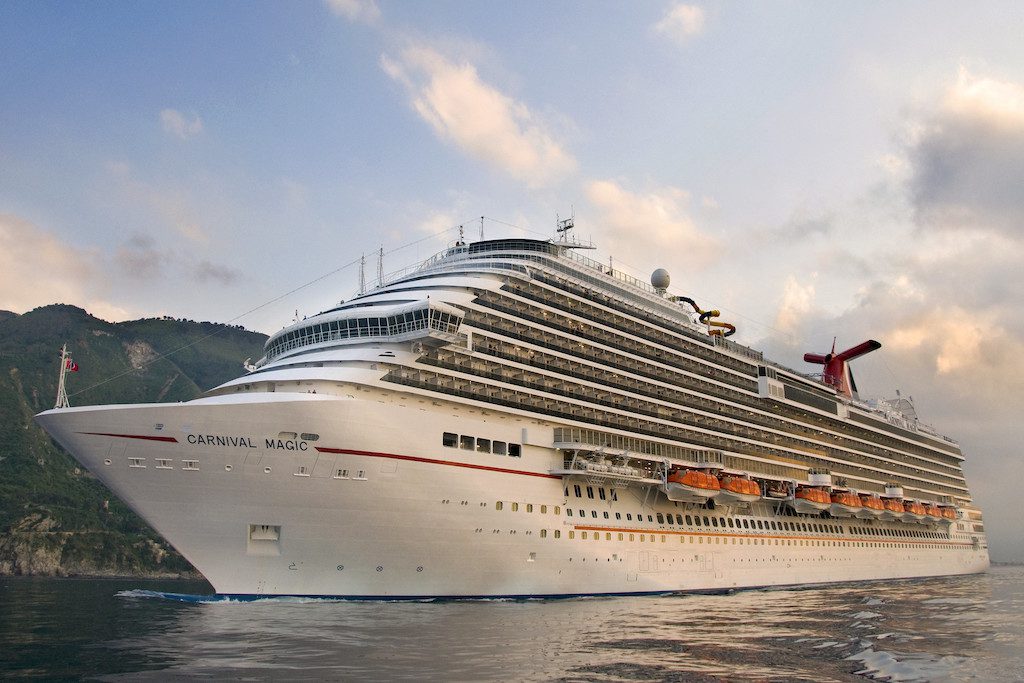Skift Take
The International Maritime Organization's new pollution standard has finally gone into effect. While we broadly know how it will affect the cruise sector, less certain are its consequences for the airline industry.
With a new year comes a big new change for the cruise and shipping industries: A hard-won rule intended to limit air pollution went into effect on the first of the year. Commonly referred to as IMO 2020 — in reference to the UN’s International Maritime Organization that imposed it — it will have an effect on the type of fuel that all shipping companies have to use to be environmentally compliant.
While the consequences for the cruise industry are apparent, there’s another, unintended side effect: The idea that airline ticket prices may rise as a result of it too. The reason is a simple case of supply and demand.
The majority of the global shipping industry has said it will meet IMO 2020 by switching from heavy fuel oil to marine gas oil, which is more expensive but emits the acceptable amount of sulfur. (The cruise industry, as Skift previously reported, is taking a different approach to compliance.) The problem is that marine gas oil comes from the subset of the oil barrel that also contains the basis for end products like jet fuel, home heating fuel, and diesel used for automobiles.
The concern is that if there’s an increased demand for marine gas oil coming from the shipping industry, the price of this “middle distillate,” as it’s known, will go up — and along with it the price of jet fuel. With higher fuel costs, airlines might pass those on to consumers in the form of higher ticket prices.
“Jet fuel pricing, we think, could be really quite volatile over the next couple of months as the shipping industry works out what this new paradigm will be,” Alan Gelder, vice president of refining and chemicals at energy consultancy Wood Mackenzie.
Several airline executives and the trade group Airlines for America had previously expressed their concern about the fuel cost rises due to IMO 2020. But not everyone is convinced by this thesis. Airline trade group IATA pointed Skift to its 2020 profit forecast, which indicates that “the concerns about a widening of the crack spread due to the IMO 2020 environment regulations have diminished” because jet fuel prices have declined with oil prices. Another analyst reached by Skift characterized the concern as a something of an unwarranted “freak-out.”
Gelder said that while the absolute cost of fuel may be the same compared to last year, that’s due to a weaker crude market. There is still a clear risk that if IMO 2020 proves to be disruptive in the form of increased demand in the next few months, he said, the overall cost of jet fuel will go up.
The Daily Newsletter
Our daily coverage of the global travel industry. Written by editors and analysts from across Skift’s brands.
Have a confidential tip for Skift? Get in touch
Tags: airline, cruise, jet fuel
Photo credit: The Carnival Magic in Italy. Carnival/Flickr / Carnival/Flickr
